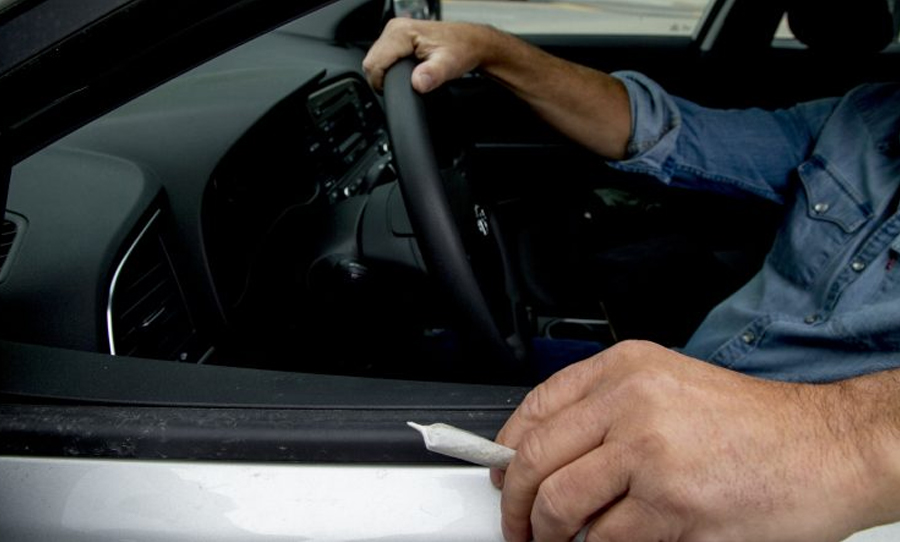A groundbreaking study has found that CBD and THC don’t affect our driving ability as much as we thought.
In a landmark study published today, results show that medical Cannabidiol (CBD) use does not impair driving, while moderate tetrahydrocannabinol (THC) intoxication can cause mild driving impairment, with effects only lasting four hours.
The groundbreaking study was led by the Lambert Initiative for Cannabinoid Therapeutics at the University of Sydney and was conducted at Maastricht University in the Netherlands. The results were published in the renowned American Medical Association Journal.

26 healthy participants were studied in the experiment, with each individual driving 100kms down a public highway in controlled conditions. The test was conducted 40 minutes after intoxication, with a follow-up study run again after four hours.
To conduct the experiment, Maastricht University used an industry-grade test which measured the participants’ index of lane weaving, swerving, overcorrecting, and the standard deviation of the vehicle position (SDLP). The standardised test is widely used to access the influence of drugs and alcohol on drivers. The SDLP index is a particularly important measurement, as it has been used to accurately gauge the impact of Valium, Stilnox, and alcohol on awareness and reaction times.
“These findings indicate for the first time that CBD, when given without THC, does not affect a subject’s ability to drive,” lead author Dr Thomas Arkell said. “That’s great news for those using or considering treatment using CBD-based products.”
“With cannabis laws changing globally, jurisdictions are grappling with the issue of cannabis-impaired driving. These results provide much-needed insights into the magnitude and duration of impairment caused by different types of cannabis and can help to guide road-safety policy not just in Australia but around the world.”
The findings could have big implications for medicinal cannabis laws. https://t.co/o1sodrdini
— VICE (@VICE) December 1, 2020
It is estimated that these findings will have ramifications for drug driving laws across the world, but its full effects are yet to be seen in Australia. Although recent legislation has finally given the green-light for medicinal cannabis use, our nation’s stance towards illicit drugs is still deeply conservative. A key example is NSW Premier Gladys Berejiklian’s refusal to allow pill testing at music festivals, despite the scientific evidence in support of the practice.
“Road safety is a primary concern,” Dr Arkell said. “These results should allow for evidence-based laws and regulation for people receiving medical cannabis.”
“The results should reassure people using CBD-only products that they are most likely safe to drive, while helping patients using THC-dominant products to understand the duration of impairment.”
The Academic Director of the Lambert Initiative, Professor Iain McGregor, said: “With rapidly changing attitudes towards medical and non-medical use of cannabis, driving under the influence of cannabis is emerging as an important and somewhat controversial public health issue.
“This is the first study to illustrate the lack of CBD effects on driving and to also provide a clear indication of the duration of THC impairment.”
Drug Driving on Cannabis: South Australia Police https://t.co/FkN5KCml08 pic.twitter.com/a8BROV6Owk
— ECIG CANADA ZONE (@ECIGCANADAZONE) January 5, 2020
This study is huge news for the medicinal marijuana movement around the globe, with more countries better understanding the medical benefits of cannabis use. CBD products have been used to treat conditions such as epilepsy, anxiety, chronic pain, and addiction.



